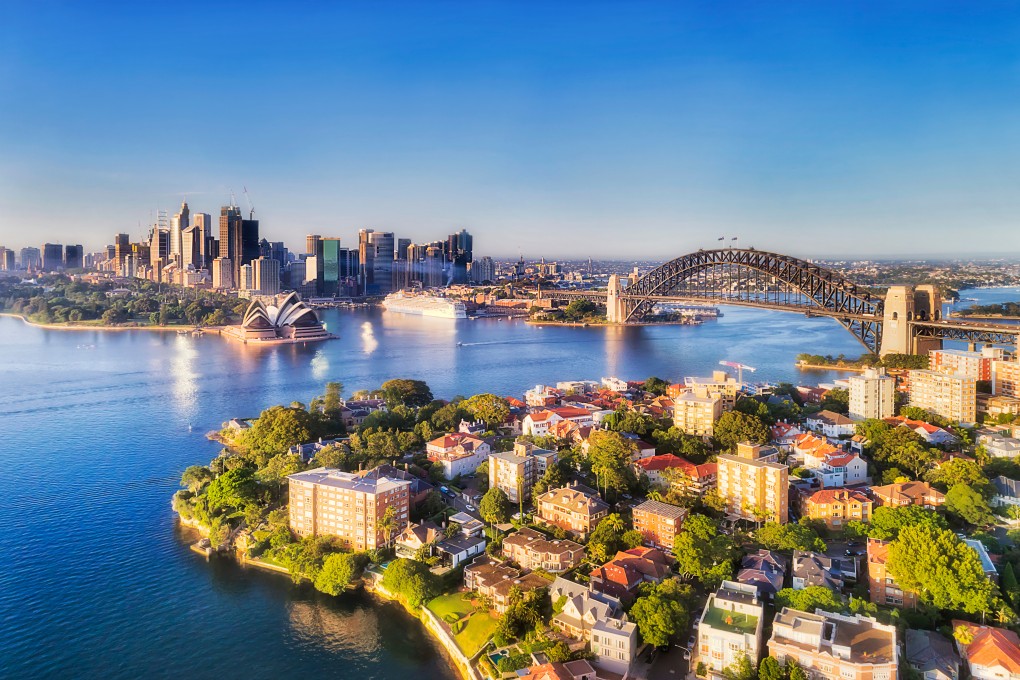Australia Foreign Investment Review Board fee hike is likely to weigh on home prices, property investment, analysts say
- Canberra doubled the review board’s application fees on Friday last week
- The fee is significant but it will not turn away many investors, Juwai IQI co-founder says

Canberra doubled the Foreign Investment Review Board (FIRB) application fees on Friday last week, with the maximum set at A$1.045 million (US$730,000) for deals worth more than A$2 billion.
“There is never a good time to make a decision that adds cost to investor underwriting, particularly for real estate where foreign investment makes up a large proportion of the transaction volume each year,” said Mark Coster, CBRE’s Pacific head of capital markets. “The increase is marginal in the context of most transactions that it will impact. Nonetheless, it is an increased cost to investors and has to be absorbed somewhere either by the investor or seller,” he said, adding that the impact on pricing, albeit marginal, was expected.
The increase comes amid a slew of domestic and global headwinds. Global growth is forecast to significantly slow to 2.9 per cent this year from 5.17 per cent in 2021, according to the latest estimates by the World Bank. Consumer prices, on the other hand, are to hit 6.7 per cent, twice the average of 2.9 per cent recorded during 2010 to 2020, the US-based multilateral agency said in a separate forecast in June.
On the local front, Australian home prices slumped 1.3 per cent in July, their third straight month of decline, latest data from property consultant CoreLogic shows.
